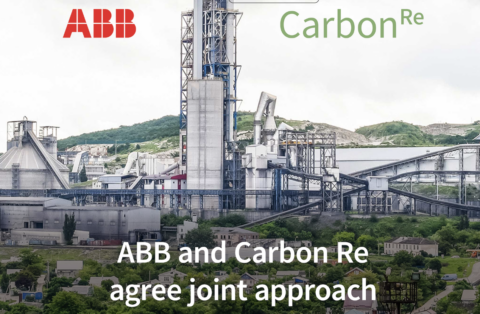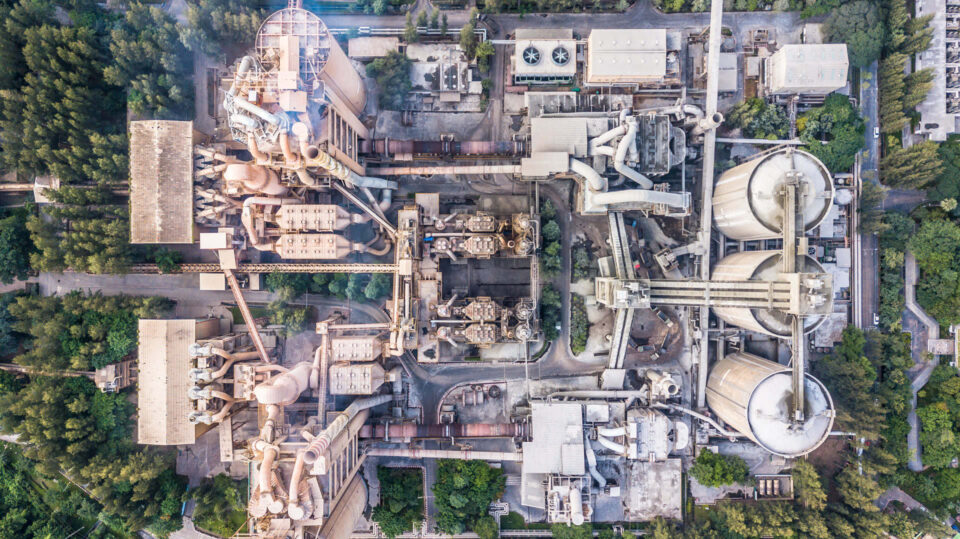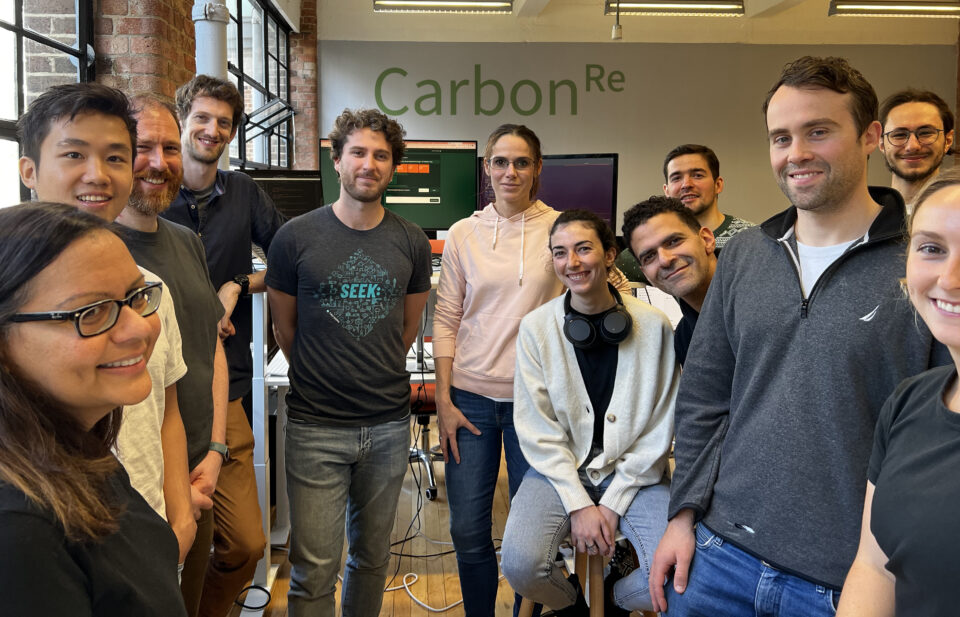

Energy-intensive industries such as cement, steel, and chemicals account for more than 20% of global emissions. Improving efficiencies in the production processes is key. But, implementing such processes is easier said than done. A cement plant, for example, is inconceivably complex and each unique plant requires highly-skilled operators who must balance hundreds of processes and variables, producing vast amounts of under-utilized data.


Carbon Re, a spin-out company from Cambridge University and UCL, offers SaaS solutions assisting hard-to-abate industries to reduce energy consumption and carbon emissions. Carbon Re have developed a software platform that tackles emissions in the cement industry. By leveraging unused data, Carbon Re creates and maintains an accurate model, also known as a digital twin, specifically tailored to each cement plant. The software then produces live, specific, and quantified recommendations on how plant operators and engineers can increase the energy efficiency of their manufacturing.
Carbon Re’s innovative software is already being used to cut fuel use and CO2 emissions by up to 10% at cement plants in Europe, Asia, and the Americas. It allows plant operators to increase profitability, by saving up to €2 million in fuel costs per plant. Expansion into other energy-intensive industries, such as steel and glass is already in the making.
Instant Impact
With the remaining CO2 budget to stay within 2 degrees of warming depleting fast Carbon Re’s solution is an important way to cut greenhouse gas emissions fast. Carbon Re’s AI technology creates a near-live positive impact by empowering operators to save up to 50 kilotonnes of annual CO2 emissions per plant. For comparison, this means each installation of the software saves as much CO2 as taking 11,000 cars off the road.
Enormous growth potential
While Carbon Re is already being used in the cement industry, their latest funding round will enable the company to develop and expand into other energy-intensive industries. Thanks to the strong and science-based team they can scale their world-class AI technology to help tackle emissions in the steel, glass, and chemical industry at a gigatonne scale.


Currently, the kiln is the largest energy consumer within the whole process of cement production. Its fuel-derived emissions account for around 40 % of the total GHG emissions of clinker production. Our impact assessment reveals that Carbon RE’s solution can reduce energy-related GHG emissions by up to 10% by reducing the energy consumption of cement production. Further reductions can be enabled by switching to less GHG-intensive fuels. The solution allows an immediate approach to lower GHG emissions in an energy-intensive industry accounting for about 7% of global GHG emissions.